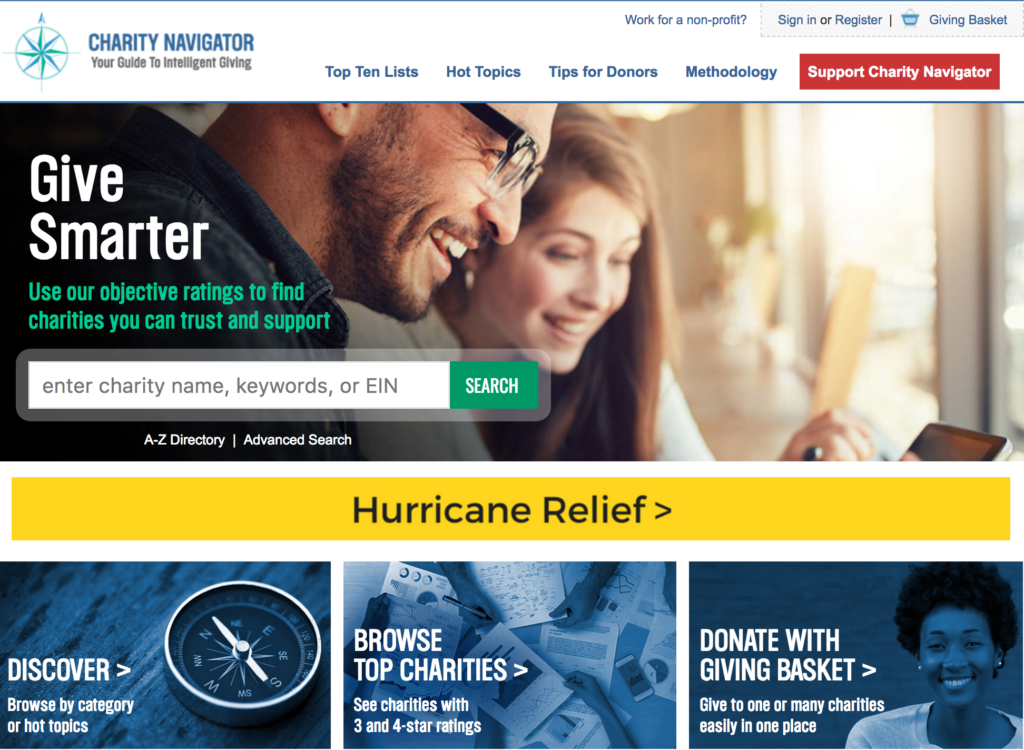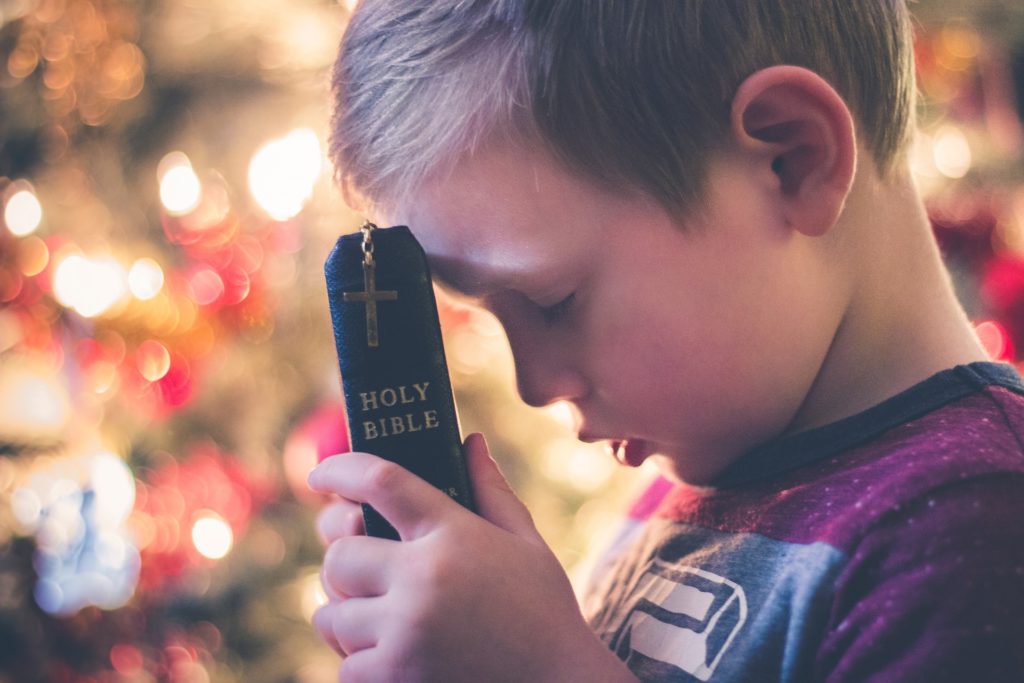Even though I walk through the valley of the shadow of death, I fear no evil; for you are with me, your rod and your staff they comfort me. — Psalm 23:4
Between August 25 and October 1, 2017 (a mere 37 days) we mortals have been pelted with report after report of one disaster or another.
It began on August 25 when Hurricane Harvey’s 130 mph winds and 30–50 inches of rain buried southeast Texas, especially in and around Houston.
A week later, Hurricane Irma slashed her way across the Caribbean, wrecking havoc on both the American and British Virgin Islands, until slamming into the Florida Keys on September 10 and literally enveloping Florida with her rage.
On a sunny Tuesday, September 19, a 7.1 magnitude earthquake rocked central Mexico for about 20 seconds, killing over 200.
The next day, on September 20, everything collapsed simultaneously at the relentless hands of Hurricane Maria on the island of Puerto Rico.
With bad news following bad news, we ask, where is God is all this? We don’t claim to know the mind of God, but we have seen how these tragedies bring out the best in people:
- In Texas, volunteer citizens with a flotilla of boats streamed toward Houston even as the flood waters continued to rise.
- On St. Thomas, a group of residents who could have evacuated before the storm, stayed to help rescue the animals left behind.
- In Mexico, a group of men with no training or equipment, used their hands to dig through rubble of a toppled elementary school to rescue young children.
- In Puerto Rico, neighbors shared what water and food they could find with one another and those with homes that still had roofs, or had not been flooded, took in those needing basic, safe, dry shelter.
In the days and weeks after these natural disasters, many stories have emerged about acts of bravery and kindness. They are testaments to the inherent goodness of people who are made in the image and likeness of God. When bad things happen, we are invited to turn evil into good and find peace. Significant natural disasters, though not caused by God, are allowed by God, to allow us to see His goodness in everything.

 First, let’s agree that for the purposes of this article “religious people” are people who believe that Jesus Christ is the Son of God and who go to a Christian church. This is different than a “spiritual” person who is selfless, striving for a higher meaning, perhaps ascetic, one who serves others rather than themselves to see the goodness in life. Religious people can be spiritual. Atheists can be spiritual persons. But atheists cannot be religious.
First, let’s agree that for the purposes of this article “religious people” are people who believe that Jesus Christ is the Son of God and who go to a Christian church. This is different than a “spiritual” person who is selfless, striving for a higher meaning, perhaps ascetic, one who serves others rather than themselves to see the goodness in life. Religious people can be spiritual. Atheists can be spiritual persons. But atheists cannot be religious.